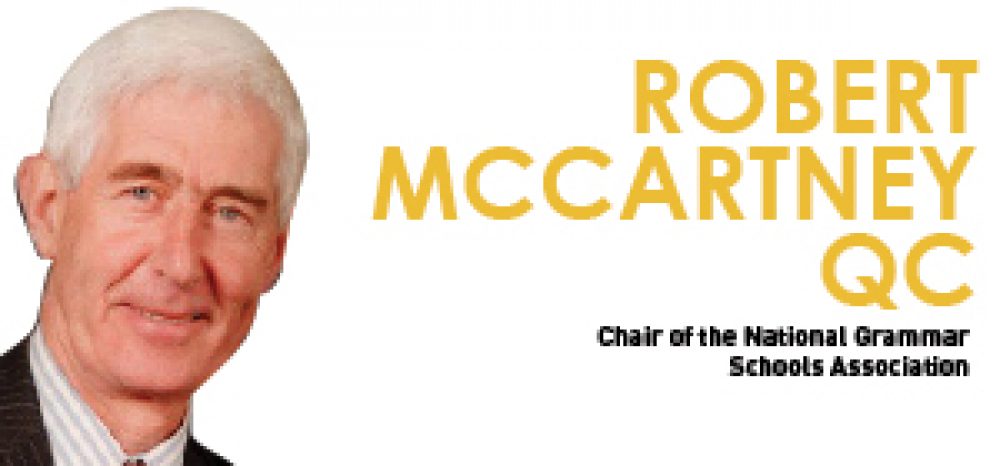A school will be deemed to be coasting if 60% of its pupils fail to achieve 5 GCSE grades A*to C including English and Maths. This is an arbitrary benchmark defining the school. The policy which spawned the concept is directed not at the school’s pupils but at the school itself.
Since the underlying principle of the coasting concept is the school’s failure to maximise the pupils potential it can only be aimed at the school’s staff and leadership. While doubtless a correlation can be established linking poor teaching to poor results, research exists indicating socio economic factors as more potent in the educational outcome.
The question is which factors determine a “coasting” school and how far the school staff can be held accountable? Is it a matter of laying the blame on one factor simply because it is more readily identifiable, while ignoring others that are endemic in the social infrastructure in which a particular school exists?
Once the policymakers determined a bench mark applicable to the greatest number of poorly performing schools and based upon an assumed principle that they were failing to maximise the potential of their pupils a number of difficulties are encountered. One can only maximise such a potential if there is a means of assessing what that potential is. The potential of an individual pupil cannot be assessed by reference to an arbitrary general result standard. The lofty principle of maximised potential measured by the results of a school’s pupil cohort is simply illogical.
The related position of the grammar schools exposes another basic flaw in the coasting concept. Even the most modestly achieving grammar school significantly out scores the current bench mark; But, since the whole coasting concept is based upon the maximising of the pupil’s full potential, the problem is whether a grammar school with its selective intake is maximising its pupil’s potential. A higher standard is being mooted for future application to grammar schools who are plainly not coasting judged by the current one.
Two schools at different ends of the educational spectrum illustrate the “coasting’ concept as an intellectual morass that is muddled and unworkable.
School A: A failing comprehensive -aspiration in the pupil cohort is low, parents are apathetic, maintaining order pre-empts actual teaching, disruptive pupils ensure that even the willing fail to learn, teachers leave or remain bereft of aspiration but simply managing mediocrity.
School B: A grammar school with a solid rather than an A* reputation. Over 80% of its pupils regularly obtain the required 5 GCSE results. They behave well in class are aspirational, and offer respect to both teachers and parents. By and large they exhibit a sense of civic and social responsibility. Their education reflects both academic and social awareness.
In both cases who is to judge and on what criteria that these schools are failing to maximise an undefined educational potential based upon an artificially imposed standard?
The basic reasoning, the methodology of its application, the failure to appreciate relevant social factors and the fundamental nature of education all make the coasting concept fatally flawed both in relation to the poorly performing comprehensive and the good but not outstanding grammar.
Secondary moderns hit hard by coasting school definition







The notion of “fulfilling potential” is flawed. No one, any where, in any school or any walk of life has ever fulfilled their potential. That applies to Wittgenstein,, Einstein, Da Vinci, Mother Teresa, Marie Curie or Hitler! It’s a meaningless, vacuous concept – which should be expunged from the education lexicon.